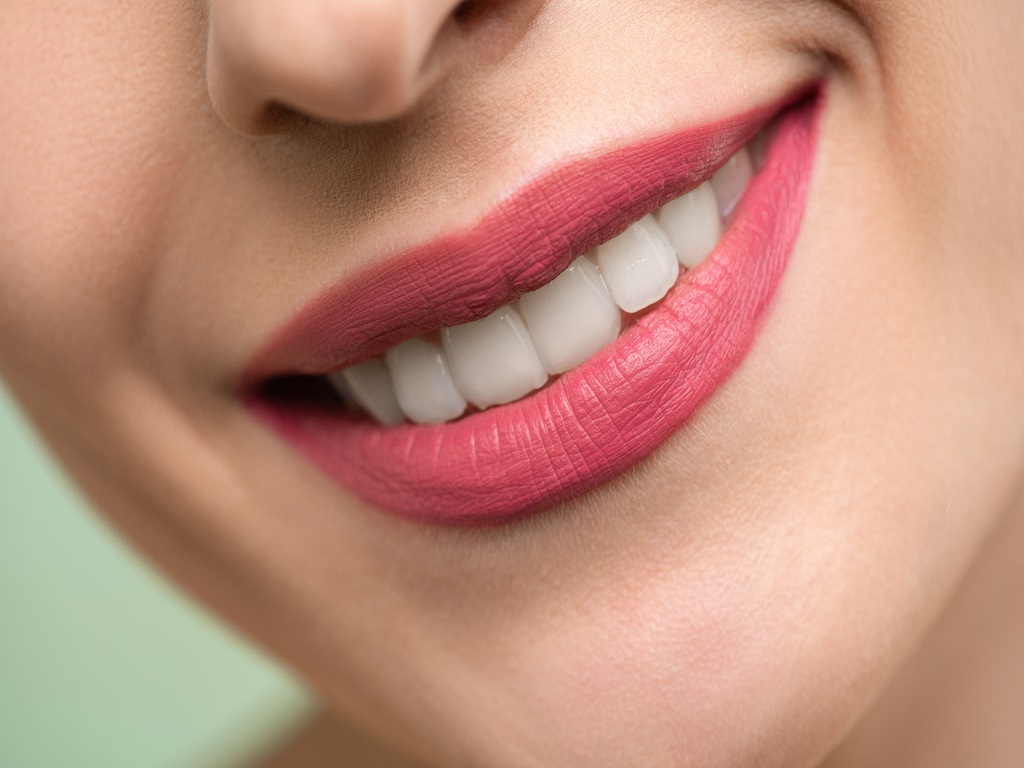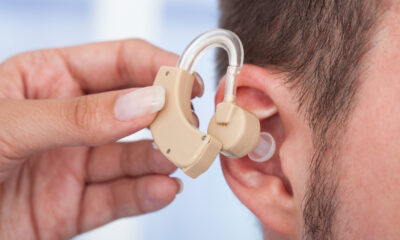Health
Best Practices For Healthy Teeth

It takes a lifetime of care to achieve good oral health and strong teeth. You have to inculcate good dental habits, as well as use the right products consistently. Here are some practices we recommend:
Brush Your Teeth Properly
Many folks go to bed without brushing despite knowing that they need to brush at least twice a day. If you do it too, remember that brushing at night is important to get rid of the germs and plaque that accumulate on your teeth and tongue throughout the day.
Also, doing a poor job of brushing your teeth is just as bad as not brushing at all. Unremoved plaque can harden, leading to bad mouth odor and early gum disease. It’s important to use the right technique to remove plaque. Brush slowly, moving the toothbrush in gentle, circular motions.
Apart from brushing twice daily and flossing, one should also keep in mind the products that are been used, like the type of brush and toothpaste.Use a Fluoride Toothpaste
Don’t pick a toothpaste off the shelf simply because it comes in your favorite flavor or claims to whiten your teeth. Make sure the toothpaste you choose contains fluoride that has the ADA Seal. Once in your enamel, fluoride bands together with calcium and phosphate to create a powerful defense system – fluorapatite. It’s much stronger, more resistant to decay, and fights to protect your teeth from cavity-causing bacteria.
It’s always advisable to use soft bristled toothbrush and floride toothpaste, along with that a flouride mouthwash. This will help to reduce the oral bacteria and development of plaque on teeth.
Don’t Forget to Floss
Many of us only think of flossing when we need to get out little particles of food stuck in between our teeth. However, we should all be flossing once a day, every day, to reduce plaque, stimulate the gums, and lower any inflammation.
Young children and older adults with arthritis who may find it difficult to use regular dental floss can opt for ready-to-use dental flossers.
Consider Using Mouthwash
Mouthwash helps maintain oral health in three ways:
-It reduces the level of acid in the mouth
-It cleans hard-to-brush areas
Ask your dentist for specific mouthwash recommendations or a prescription.
Drink More Water
Drinking water after you eat can help nullify the negative effects of acidic foods and beverages.
Pay Attention to What You Eat
Get those jaws working from a younger age. Eat crunchy fruits and vegetables. Limit your intake of sugary and acidic foods, teas, and coffee that can erode the enamel of your teeth.
-

 Tech & Gadgets4 years ago
Tech & Gadgets4 years agoMust Know: Inexpensive Ways To Grow Your Business Online
-

 Auto4 years ago
Auto4 years agoShould You Pick a Sedan Over an SUV?
-

 Tech & Gadgets4 years ago
Tech & Gadgets4 years agoTop Software Solutions for Small Businesses
-

 Auto4 years ago
Auto4 years agoHow to Find a Good Car to Purchase
-

 Auto4 years ago
Auto4 years agoMust Know: Car Loan Tips
-

 Finance4 years ago
Finance4 years agoHow to Boost Your Chances of Qualifying for A Personal Loan
-

 Health4 years ago
Health4 years agoEffective Tips To Help Prevent Diabetes
-

 Finance4 years ago
Finance4 years agoThe Ultimate Stock Investment Guide












